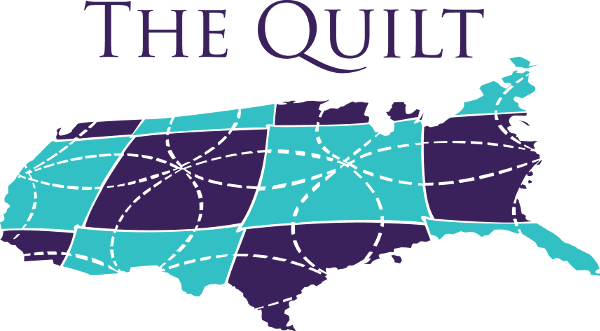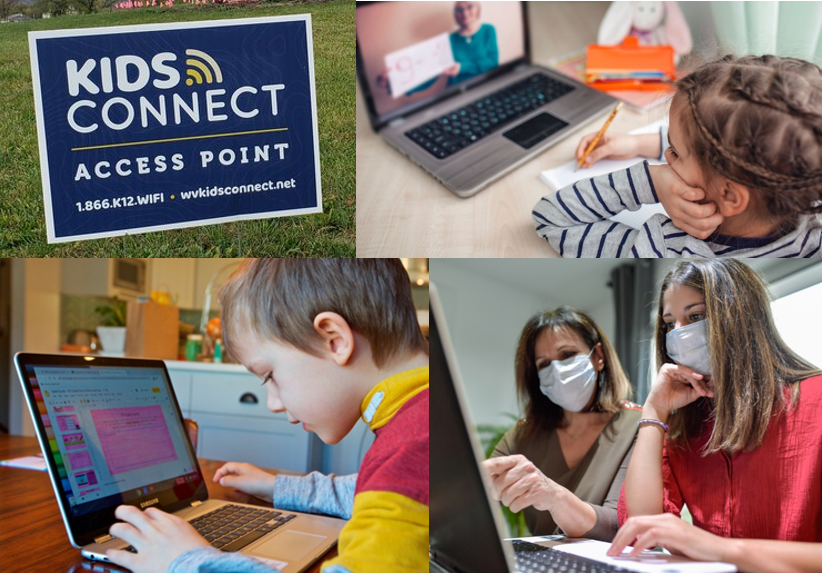West Virginia’s K-12 schools last fall faced an educational dilemma – how best to continue educating students during a worldwide pandemic. As school districts shifted to remote education for their students, access to high-speed internet was not available to all learners in West Virginia, especially those in rural communities.
While the state’s Broadband Enhancement Council has chartered several federally-funded projects to expand residential access to broadband connectivity, West Virginia’s sparse populations in geographically-remote, rural communities have not been a priority for commercial ISPs. Also, with the exception of a few urban locations, the majority of the state’s communications infrastructure is copper wire, requiring the installation of fiber-optic cable across the state’s mountainous and rocky geography.
While providing universal broadband access across the state remains a challenge, the Kids Connect wireless network is an interim solution to provide connectivity to all K-12 students statewide, especially those who no longer have access to school-based computers due to COVID-19.
Using Federal CARES Act funds, the Kids Connect project was first conceived in late July and set forth on an aggressive schedule. West Virginia Network worked with the West Virginia Department of Education and the state’s Office of Technology to purchase, install, connect, and advertise more than 900 wireless access points. These drive-up hotspots were installed across the state at all public schools, higher education institutions, county libraries, and state parks. By the time the academic school year began in September, nearly all of Kids Connect hotspots were operational.
These hotspots allowed students to connect online to complete their school assignments from the comfort and security of their family car. Not only is this beneficial for families who don’t have access to residential broadband, but it also helps those who are unable to afford broadband service at home. Yard signs and window decals identify the location of each of the hotspots, and a 24×7 help desk can help families find the closest hotspot or resolve any connectivity issues they may have.
While the program’s primary focus is access for K-12 students, West Virginia higher education students also can access the network at any of the sites. The program has recently expanded its hotspot locations to include National Guard armories, DMV offices, and county boards of education.
For more information about the Kids Connect Initiative, visit https://wvkidsconnect.net.

